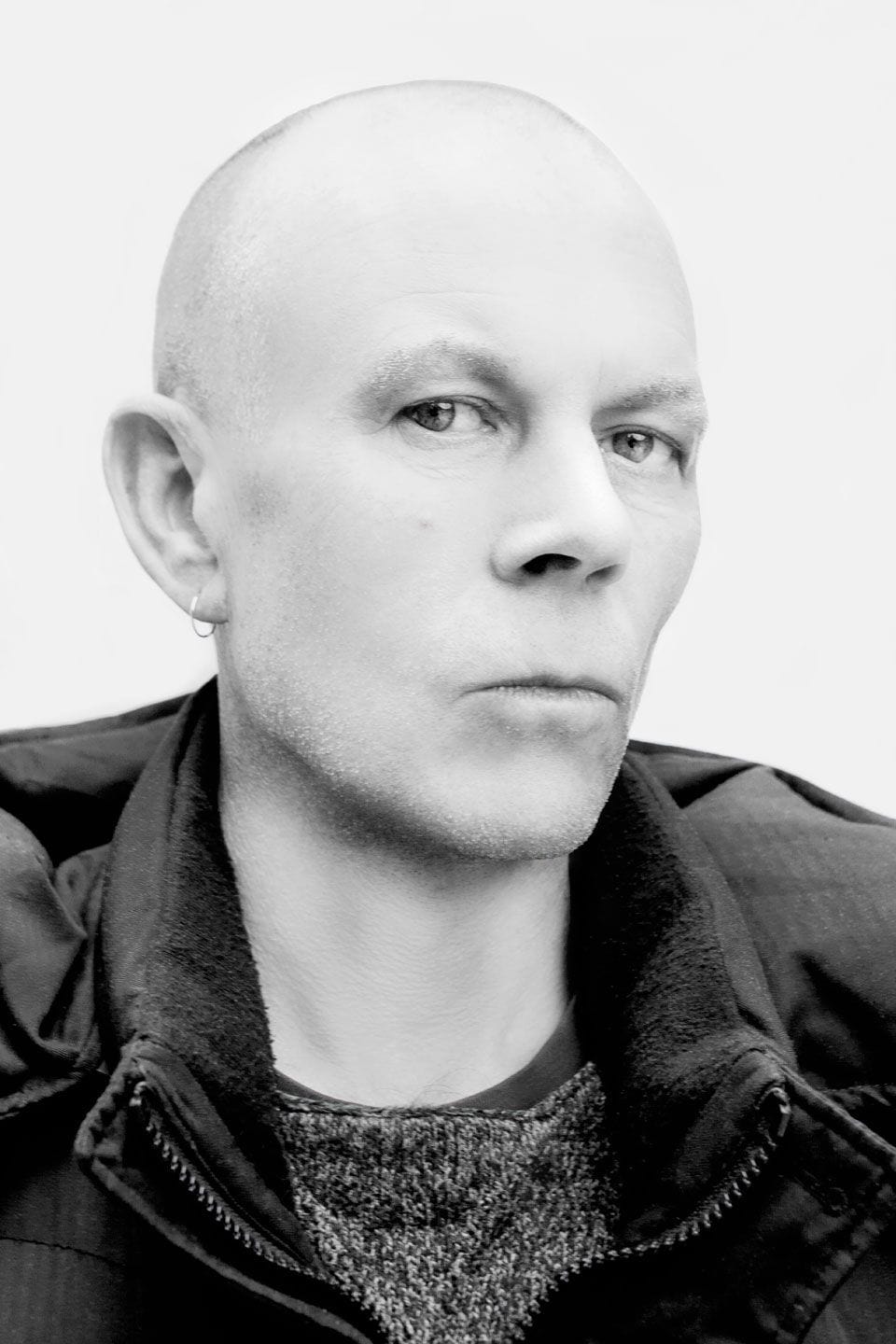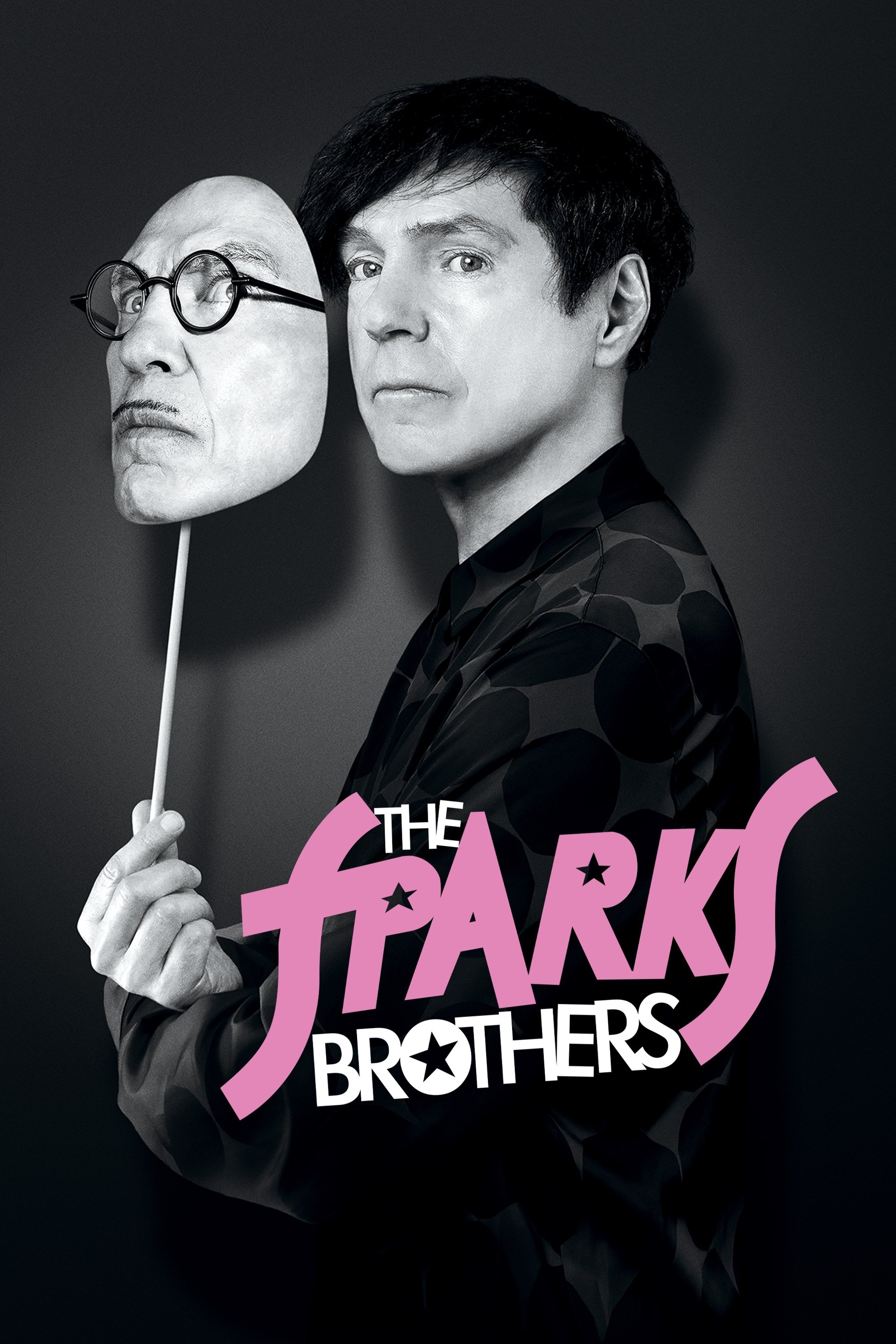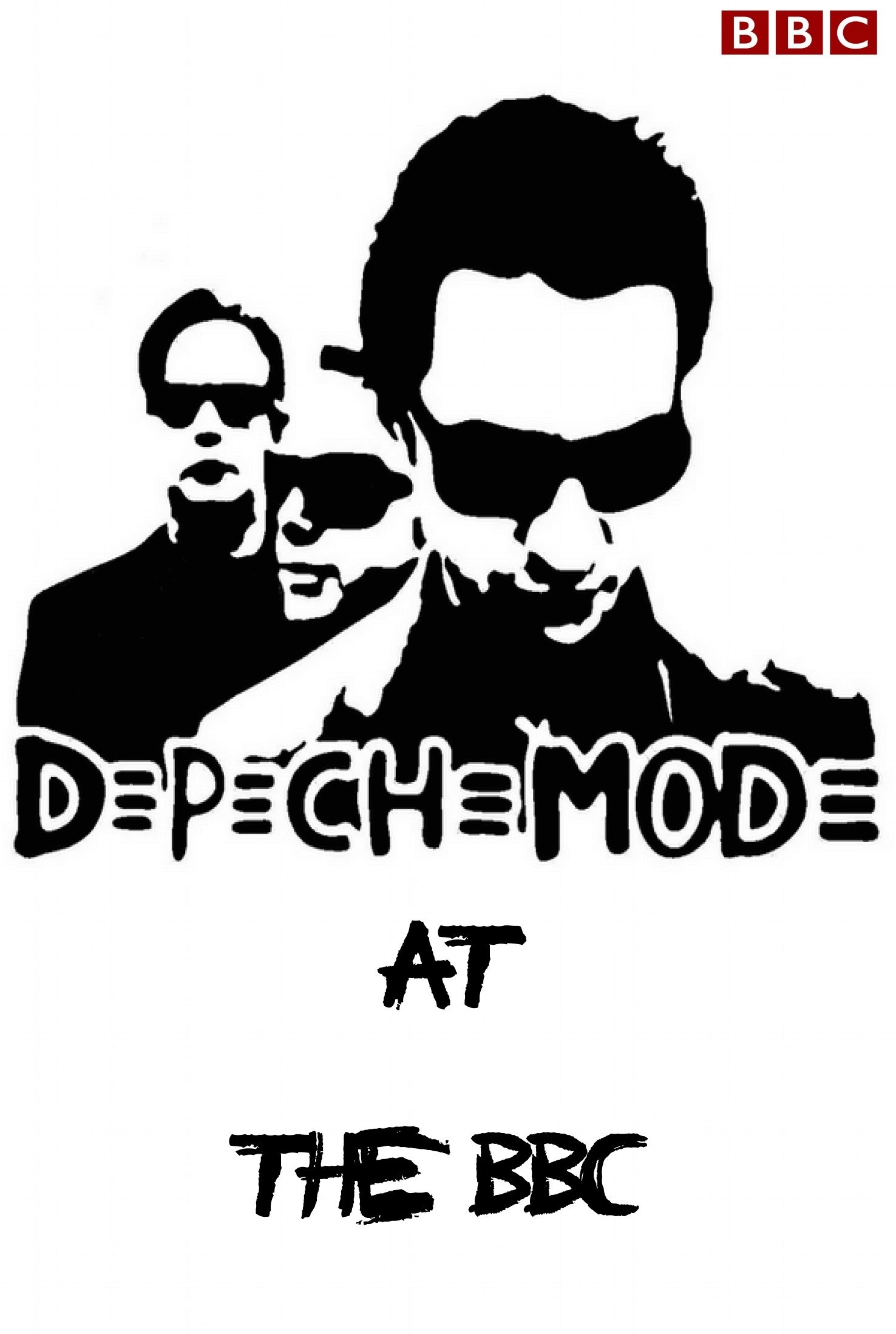

Take a musical odyssey through five weird and wonderful decades with brothers Ron & Russell Mael, celebrating the inspiring legacy of Sparks: your favorite band’s favorite band.

A ceremony for the Class of 2020 inductees into the Rock and Roll Hall of Fame. The ceremony takes place on November 7, 2020 in Cleveland, Ohio, and airs on HBO. The class of inductees includes The Notorious B.I.G., The Doobie Brothers, Nine Inch Nails, T. Rex and Depeche Mode as well as Irving Azoff and Jon Landau who both received the Ahmet Ertegun Award for Lifetime Achievement.

U2, Talking Heads, Depeche Mode, Blondie, Duran Duran, Tears for Fears, The Clash, The Cure: Over half a billion records sold but you may never have heard of them if not for a small suburban radio station on Long Island, NY: WLIR. In August, 1982, a small group of radio visionaries knew they couldn't compete with the mega-stations in New York City. With one brave decision, they changed the sound of radio forever. Program Director Denis McNamara, the 'LIR crew and the biggest artists of the era tell the story of how they battled the FCC, the record labels, mega-radio and all the conventional rules to create a musical movement that brought the New Wave to America.

A look back, from 2017, at the journey of one of the UK's longest-lasting and most successful bands. Featuring clips from various BBC programmes, including Multi-Coloured Swap Shop, Synth Britannia, The OZone, Def II and The Whistle Test. From their first appearance on Top of the Pops in 1981 and the tales of how they got there, to performing on Later... with Jools Holland in 2009, the programme shares archive testimony and recent interviews from core members Dave Gahan, Vince Clarke, Martin Gore and Andy Fletcher. New Life, Just Can't Get Enough, Blasphemous Rumours and Personal Jesus are among some of the classic tracks performed.

An independent documentary film about the phenomenal resurgence of the modular synthesizer — exploring the passions, obsessions and dreams of people who have dedicated part of their lives to this esoteric electronic music machine. Inventors, musicians, and enthusiasts are interviewed about their relationship with the modular synthesizer — for many, it's an all-consuming passion.
Vincent John Martin (born 3 July 1960), known professionally as Vince Clarke, is an English synth-pop musician and songwriter. Clarke has been the main composer and musician of the band Erasure since its inception in 1985, and was previously the main songwriter for several groups, including Depeche Mode, Yazoo, and the Assembly. In Erasure, he is known for his deadpan and low-key onstage demeanour, often remaining motionless over his keyboard, in sharp contrast to lead vocalist Andy Bell's animated and hyperactive frontman antics. Erasure have recorded over 200 songs and have sold over 28 million albums worldwide. Clarke was inducted into the Rock and Roll Hall of Fame in 2020 as a member of Depeche Mode. Vincent John Martin was born on 3 July 1960 in South Woodford, Essex; he later moved to Basildon, Essex. He initially studied the violin and then the piano. Clarke's early musical influences included Sparks, Paul Simon, and Orchestral Manoeuvres in the Dark (OMD), who inspired his interest in electronic music. Clarke also cites electronic influences such as the Human League, Daniel Miller and Fad Gadget. In December 2013, Clarke listed his "13 LPs that mean the most to him" for The Quietus: Pink Floyd – The Dark Side of the Moon (1973): Kraftwerk – Computer World (1981); The Human League – Travelogue (1980); Simon & Garfunkel – Bookends (1968); T. Rex – Electric Warrior (1971); David Bowie – "Heroes" (1977); The Eagles – Hotel California (1976); OMD – Orchestral Manoeuvres in the Dark (1980); Philip Glass – Glassworks (1982); Genesis – A Trick of the Tail (1976); Michael Jackson – Dangerous (1991); The Sex Pistols – Never Mind the Bollocks, Here's the Sex Pistols (1977); Led Zeppelin – Led Zeppelin IV (1971). In the late 1970s, Clarke and schoolmate Andy Fletcher formed a short-lived band called No Romance in China, with Clarke on vocals and guitar and Fletcher on bass guitar. In 1979, Clarke played guitar in the Plan, an Ultravox-influenced band, with friends Robert Marlow and Paul Langwith. In 1980, after the Plan dissolved, Clarke and Fletcher formed Composition of Sound, and were soon joined by Martin Gore. Clarke provided vocals until lead vocalist Dave Gahan joined the band, which was renamed Depeche Mode. At that time he adopted the stage name Vince Clarke, by which he is currently known. The band initially adopted a slick synthesised electropop sound, which produced the studio album Speak & Spell and the Clarke-penned singles "Dreaming of Me", "New Life", and "Just Can't Get Enough" in 1981. ... Source: Article "Vince Clarke" from Wikipedia in English, licensed under CC-BY-SA 3.0.
By browsing this website, you accept our cookies policy.